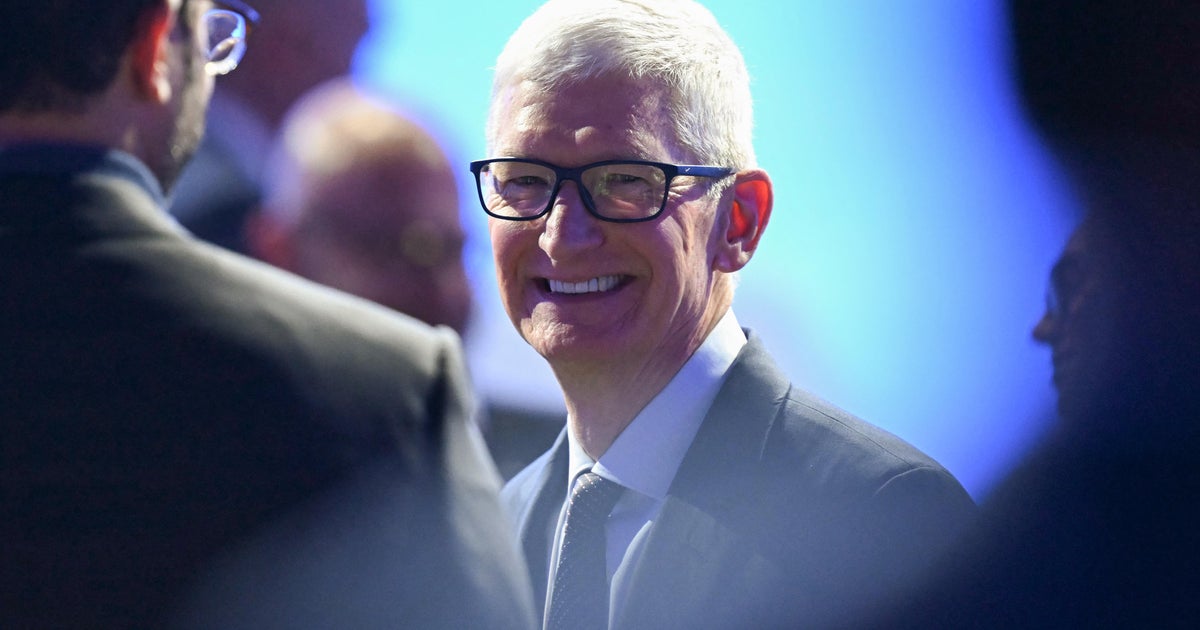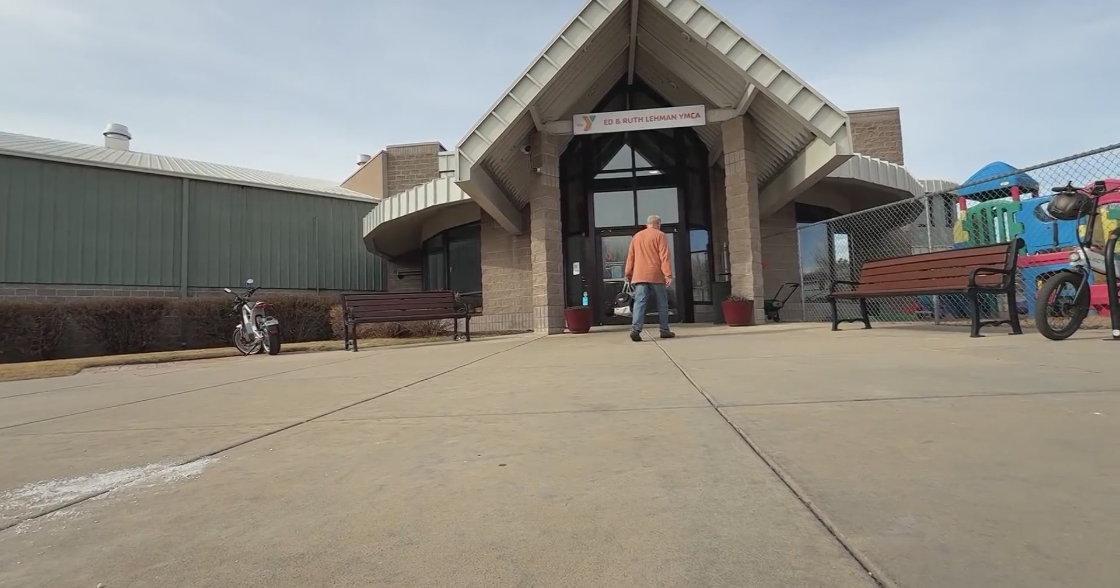At McDonald's, a new battle over pay
When McDonald's (MCD) told employees at company-owned restaurants three years ago that they were getting a raise, workers cheered. CEO Steve Easterbrook said at the time that the enhanced compensation package, including better benefits, would make a "real difference" in workers' lives.
Three years later, McDonald's efforts haven't kept pace with increasing minimum wages.
McDonald's move to boost pay came in April of 2015, as union-led protests that came to be known as the "Fight for $15" were sweeping the nation. Under pressure from activists, the company said that it would set the starting pay for 90,000 workers at company-owned restaurants in the U.S. at one dollar over the local minimum wage. The announcement generated a raft of generally positive headlines, with Easterbrook touting his desire to build a "progressive burger company."
Workers say McDonald's hasn't delivered.
"McDonald's publicity stunt has turned out to be a sham," Kuper, an employee at a McDonald's restaurant in Chicago, said in a statement emailed by Fight for $15.
Most McDonald's restaurants are independently operated as franchises, with the owner setting the wage structure rather than leaders at the company.
For its part, McDonald's doesn't dispute that pay at its restaurants hasn't kept pace with local wages. Instead, it contends that the company never intended to continuously keep raising wages so that it remained at least $1 above the minimum wage.
"The increase announced in 2015 was applicable to the local wages on July 1, 2015, and was not a policy thereafter," Terri Hickey, a spokesperson for McDonald's said in an email.
McDonald's never promised that it would always keep wages $1 above the minimum, but executives did indicate a commitment to higher wages.
Shortly after the sweetened pay package was announced in April 2015, for example, Chief Financial Officer Kevin Ozan told analysts in an earnings call that boosting worker pay would "enhance our competitiveness in the marketplace" by helping McDondald's "attract and retain the best employees."
That same month, Easterbrook echoed that theme in an op-ed in the Chicago Tribune. "I believe the time is right to take a first step in rewarding our team members who work so hard every day," he said. "Wage is just one part of the equation. Getting people started on the road to success by providing the skills, training and opportunities they need to continuously improve is also important."
The "Fight for $15" campaign provided to CBS MoneyWatch recent pay stubs for 16 McDonald's workers in three major metropolitan areas showing cooks and cashiers earning hourly wages significantly below a dollar above the minimum.
In Los Angeles, where the minimum hourly wage is $12, workers at McDonald's corporate-owned stores make as little as $12.62 an hour. In San Jose, California, where the minimum wage is $13.50, workers at corporate-run McDonald's make as little as $14.10.
Kuper earns $11.40 an hour in Chicago, where the minimum wage is $11. That would mean an hourly rate of $12, or just under $25,000 a year working full-time, if McDonald's was to keep a buck ahead of the local wage mandate.
Protests over wages were planned Tuesday at McDonald's stores in metro areas including Chicago, Los Angeles and San Jose, California, Fight for $15 said.



